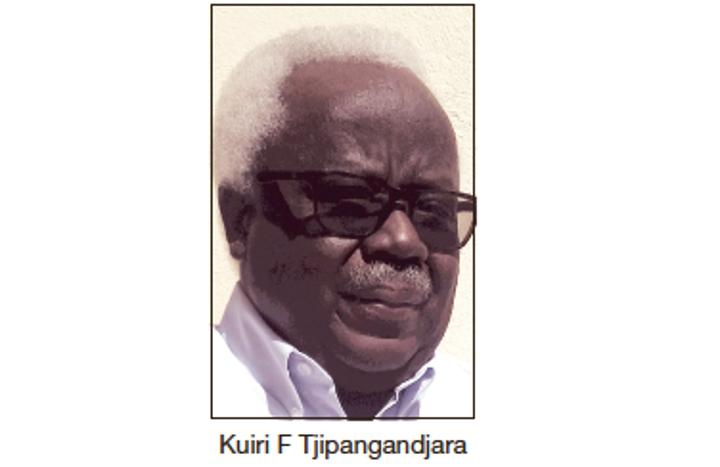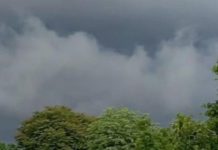Africa-Press – Namibia. MINERAL RESOURCES appreciate in value once extracted, developed, and processed. Water, on the other hand, is a resource that depreciates in value if it is explored in a non-sustainable way. Over-abstractions or the contamination of ground water sources (by mining operations or other industries) are major risks to water security.
In the SADC region, 63% of the population live in rural areas and depend on agriculture – livestock farming and food production. As a matter of fact, rural SADC feeds the urban centres. Any interference in the supply of water in terms of quality and quantity will negatively impact on agricultural output, which in turn will create job losses and increased urban migration. Thus, every drop of water matters!
Recently, we have read of a number of mineral exploration projects that could threaten water and food security in Namibia. These projects are the following: Abstraction of water in the Khan River for pilot works for a uranium mining project, oil exploration in the Kavango region (Okavango River Basin), uranium exploration in the Hardap region (Orange-Senqu River Basin). The two river basins are shown in Figure 1 and Figure 2.
Given the severe arid conditions in Namibia, the huge dependency of many communities on groundwater sources, and the transboundary nature of these water bodies, a dialogue is needed amongst the Ministry of Mines and Energy, Ministry of Agriculture Water and Land Reform, and the Ministry of Environment, Forestry and Tourism.
Such a meeting must take place without delay and must have a broad participation of key stakeholders. The output from these deliberations must help to develop and refine procedures/processes on mineral exploration in Namibia, taking into consideration, at all times, the protection of water and food security. Further, this meeting must receive reports on the impact of these exploration activities on water sources.
COLLABORATION It is important to bear in mind that water bodies are not confined to political/national boundaries. Thus, any negative impact on a water body in one country can be felt by other riparian states. Namibia shares the water bodies mentioned above with Angola, Botswana, South Africa and Lesotho.
Importantly, Namibia is a signatory to the SADC Revised Protocol on Shared Watercourses. This protocol “aims to foster closer cooperation among member states for protection, management, and use of shared watercourses in the region. Member states agree to cooperate on projects and exchange information on shared watercourses, consulting with each other and collaborating on initiatives that balance development of watercourses with conservation of the environment.”
Guided by this protocol, Namibian commissioners on both the Okavango River Basin Water Commission (OkaCom) and Orange-Senqu River Commission (OraseCom) are under an obligation to brief their counterparts on these exploration activities, possible impacts observed, and on remedial actions to be taken.
For More News And Analysis About Namibia Follow Africa-Press






